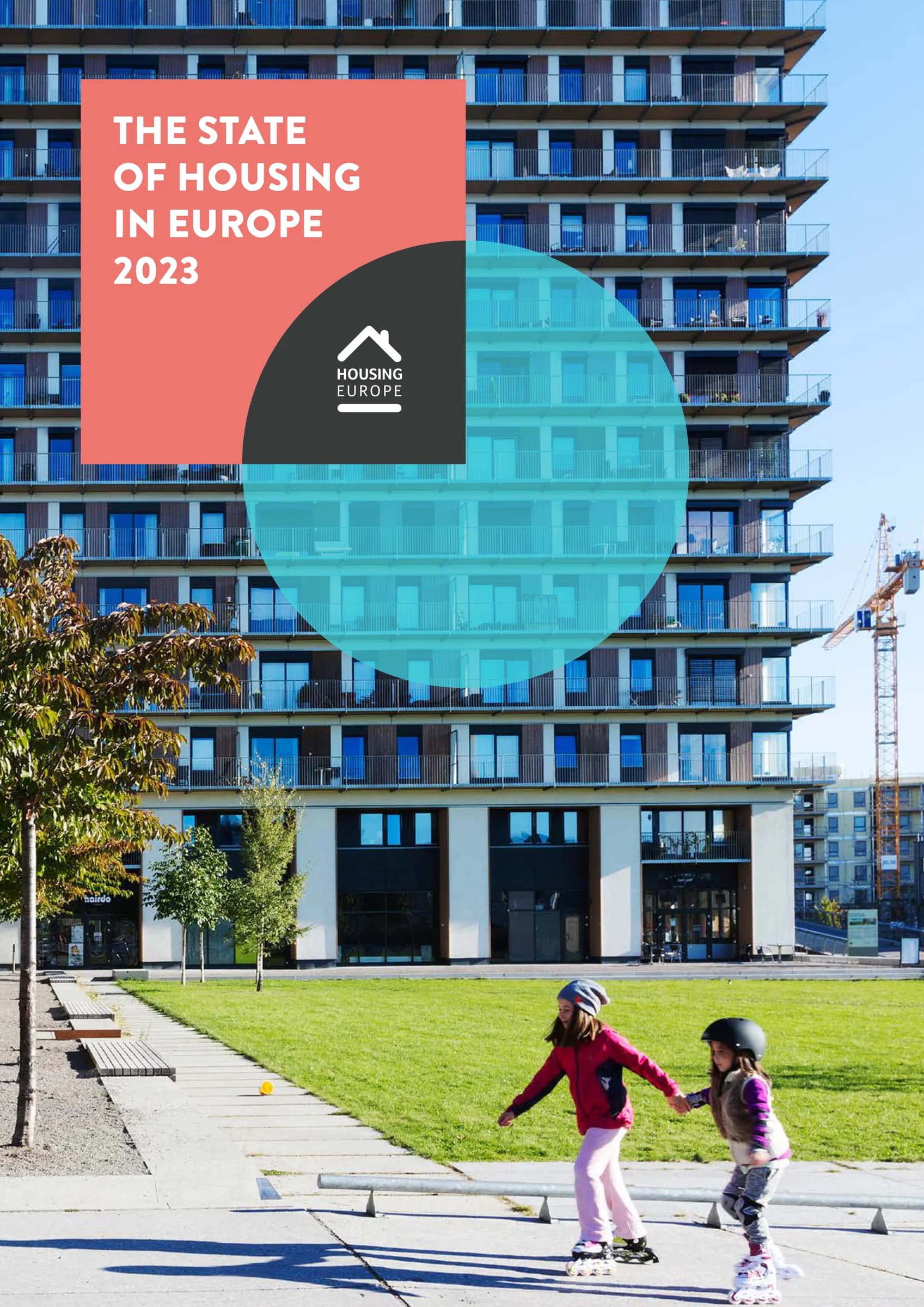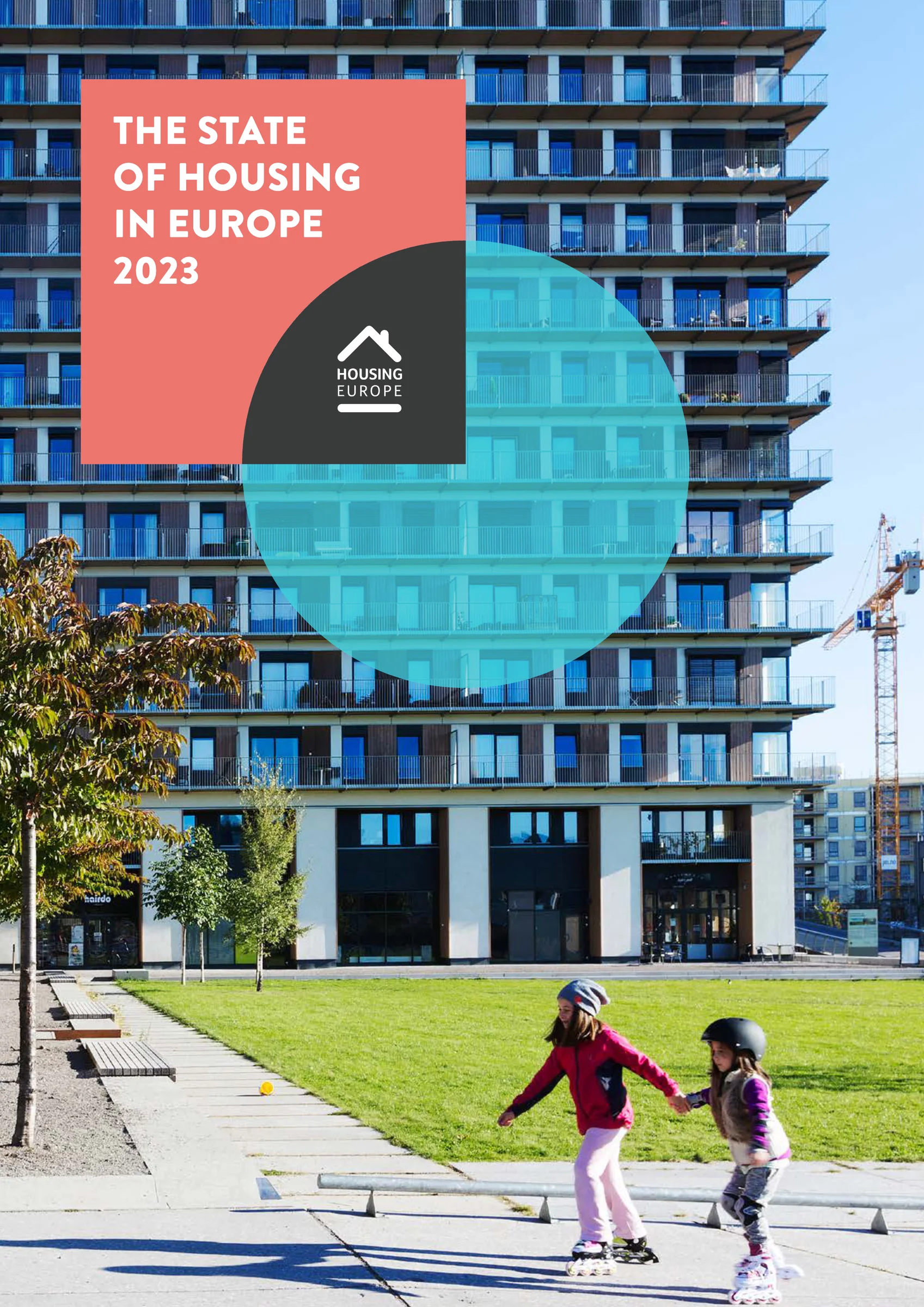AI-Generated Summary
Context and Publication
The report titled "The State of Housing in Europe 2023" is a comprehensive analysis prepared by the Housing Europe Observatory, benefiting from contributions by various members and partners across Europe. The document provides insights into the current challenges and trends in the housing sector, particularly focusing on public, cooperative, and social housing. It highlights the growing need for sustainable solutions amid rising living costs and energy crises.
Key Findings
The report reveals alarming trends in the European housing market, with average rents increasing by 19% and house prices by 47% over the past decade. The gap between income and housing costs has widened, exacerbated by inflation and rising interest rates. In 2022, for the first time since 2015, house prices saw a slight decline while rents continued to rise, indicating a deeper crisis in housing affordability.
Energy and Cost of Living Crisis
The report emphasizes the intertwining crises of energy costs and living expenses, which have severely impacted low-income households. A notable increase in energy prices has led to a surge in energy poverty, particularly among social housing residents. Evidence suggests that inflation has led to increased material and social deprivation, with many households struggling to meet basic needs.
Renovation and Sustainability Challenges
Social, cooperative, and public housing providers face significant challenges in balancing the demands of affordability, sustainability, and availability. The report underscores the urgent need for renovation to improve energy efficiency in the existing housing stock. However, high construction costs and a lack of skilled labor hinder renovation efforts. It notes that many projects are being postponed or canceled due to these rising costs.
EU Framework and Support
The evolving EU framework seeks to address these challenges by promoting fair energy transitions and supporting social housing initiatives. The report advocates for enhanced financial support from the EU to aid in the construction and renovation of affordable homes. It highlights the necessity for local, national, and EU institutions to collaborate and increase investment in the housing sector.
Country Profiles
The report includes profiles of various European countries, detailing their housing stocks and energy performance. For instance, Austria has a significant portion of its social housing stock renovated to meet energy efficiency standards, while countries like Greece and Spain face significant challenges due to outdated housing infrastructure and rising costs. The data shows a diverse landscape of energy performance across public housing sectors, with many countries needing substantial improvements.
Conclusion
As Europe faces a pivotal moment in addressing its housing crisis, the findings of this report serve as a call to action for policy makers, housing providers, and communities. The report stresses the importance of investing in sustainable housing solutions to ensure social cohesion and environmental responsibility in the face of ongoing economic pressures.

